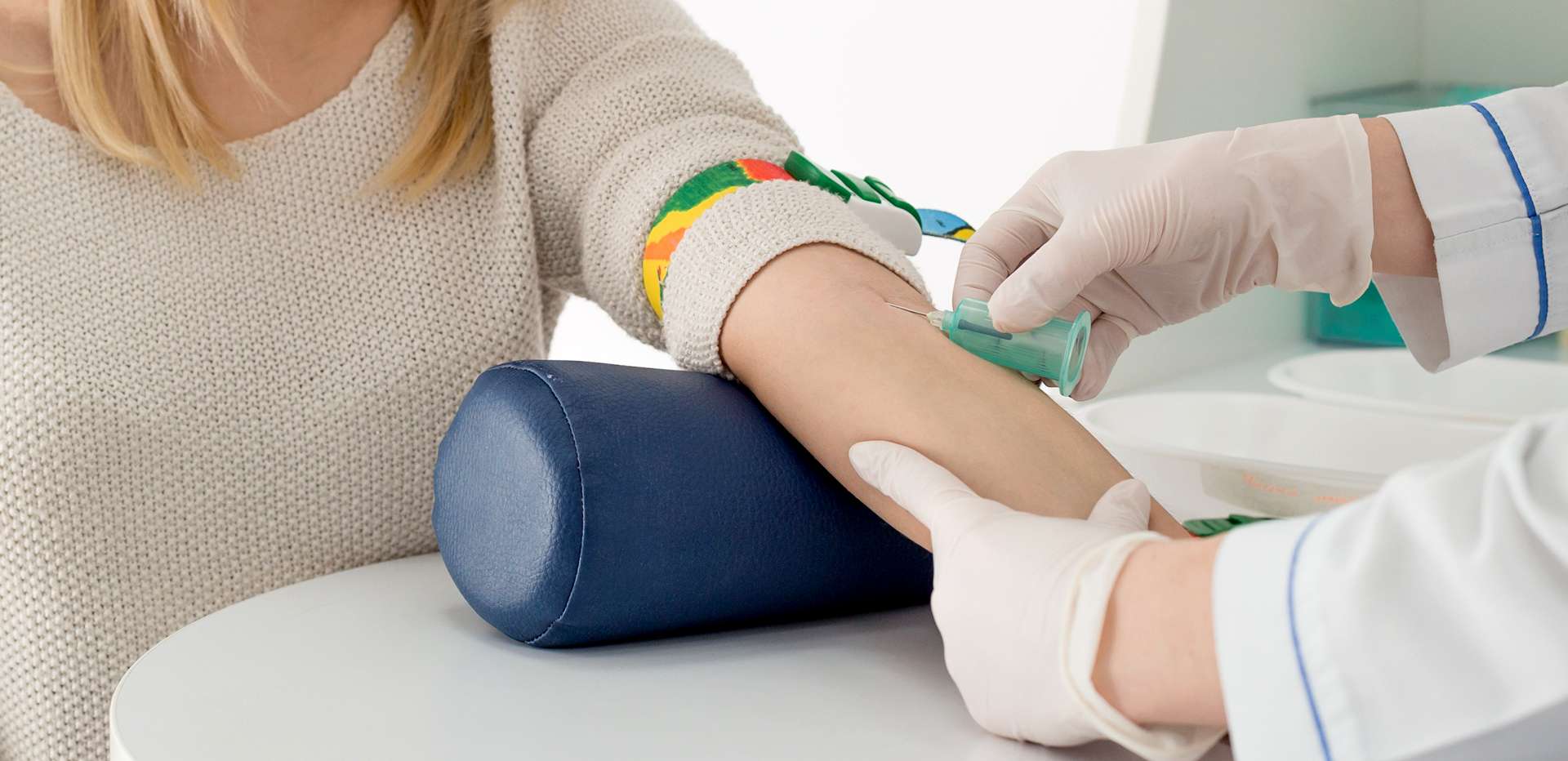Diabetes is a chronic disease requiring meticulous care and maintenance. Private diabetes blood tests and dietary changes are necessary to keep a check on your sugar levels. Here are some tips to improve your eating habits.
- Balance your meals: A balanced plate includes portions from various food groups. Half your plate should have non-starchy vegetables like broccoli, spinach, and peppers. A quarter should have lean protein like fish, poultry, or tofu. The remaining quarter should consist of whole grains or starchy vegetables like brown rice, wholemeal bread, or sweet potatoes.
- Consume low-glycaemic index (GI) food: Low-GI food release glucose into your bloodstream more gradually, helping avoid sharp spikes in blood sugar levels. Whole grains and legumes provide sustained energy and are way healthier than refined grains and sugary food.
- Monitor carbohydrate intake: Carbohydrates have the most significant impact on blood sugar levels. Distribute carbohydrate intake in small portions throughout the day to maintain steady glucose levels. Sources include whole fruits, whole grains, legumes, and dairy products. For accurate carb counting, consult a registered dietitian. Again, it is best to schedule regular private diabetes blood tests Streatham to keep a closer eye on your fasting and post-prandial glucose levels.
- Choose healthy fats over saturated and trans fats: Opt for unsaturated oils, nuts, avocados, and seeds instead of fried food, fatty meats, and processed snacks that can increase the risk of heart disease. Limit portion sizes and overall calorie intake, as fats are calorie-dense.
- Control sodium intake: Because high blood pressure is associated with diabetes, minimise table salt and reduce processed and pre-packaged foods that often contain hidden sodium. Try incorporating fresh herbs, spices, and lemon juice to your cooking for added flavour and aroma.
- Establish a consistent eating schedule: Regular meal timings help manage blood sugar levels effectively. Spacing meals evenly throughout the day prevents large fluctuations in glucose levels and supports better diabetes control. If under medication, plan your meals and snacks with your healthcare provider or dietitian. Schedule private diabetes blood tests in Northampton to monitor your levels.
- Pay attention to portion sizes: Use measuring cups, a food scale, or visual cues to estimate appropriate portions. Eat mindfully and slowly, and savour each bite to prevent overeating.
Remember, individual dietary needs can vary, so it’s crucial to work closely with a registered dietitian or diabetes educator to develop a personalised meal plan that suits your lifestyle and unique requirements.
Don’t forget to book private diabetes blood tests at a clinic near you.
Touchwood Pharmacy is a reliable health facility that provides private diabetes blood tests according to your schedule. Click here to book your blood test privately with us.


























